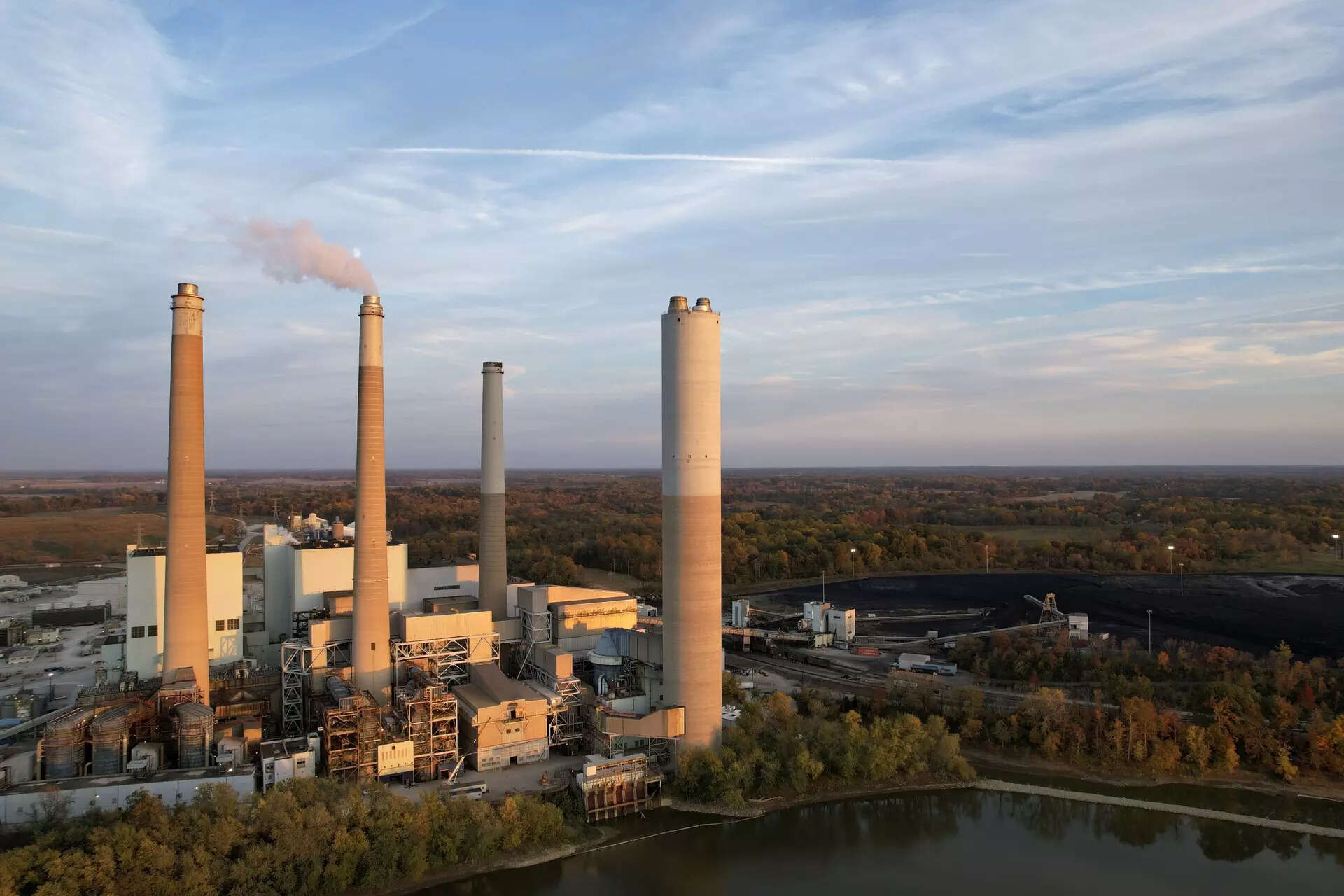
The world is on track to produce 110% more fossil fuels (coal, oil and gas) by 2030 than what the 1.5 degree Celsius of warming threshold allows and 69% more than what it needs to limit the warming to 2 degrees C, said a global ‘production gap report’ brought out on Wednesday by the UN Environment Programme jointly with three global think-tanks.
The increase in global production of fossil fuels comes despite 151 national governments having pledged to achieve net-zero emissions, mostly by mid-century. Incidentally, most of the big fossil fuel producing countries continue to provide significant policy and financial support for its production.
The report, however, analysed 20 major fossil fuel-producing countries including India, in details and noted that though the global coal, oil, and gas (key drivers of overall GHG emissions) demand will peak this decade, the countries plan put together would still lead to an increase in global coal production until 2030, and in global oil & gas production until at least 2050.
“Governments are literally doubling down on fossil fuel production that spells double trouble for people and planet…We cannot address climate catastrophe without tackling its root cause: fossil fuel dependence,” said UN secretary-general António Guterres while reacting to the report that comes ahead of the upcoming annual UN climate conference (COP28) in Dubai beginning November 30.
He said COP28 must send a clear signal that the fossil fuel age is out of gas — that its end is inevitable. “We need credible commitments to ramp up renewables, phase out fossil fuels, and boost energy efficiency, while ensuring a just, equitable transition,” said the UN chief.
The report underlined that the near term increase in coal production is led by India followed by Russia, and both the countries are planning significant increases in coal production through 2030. It means India will continue to bank on coal for its electricity demand to meet its development goals even as the country is simultaneously giving greater focus on renewable energy as per its climate commitment under the Paris Agreement.
The global Government Plans and Projections (GPP) pathways show that, compared with 2020 levels, annual oil and gas production is projected to increase by 27% and 25% by 2030, and by 29% and 41% by 2050, respectively. On the other hand, annual coal production is projected to increase by 10% between 2020 and 2030, before falling by 41% between 2030 and 2050.
The 20 major fossil-fuel producing countries analysed in the report includes Australia, Brazil, Canada, China, Colombia, Germany, India, Indonesia, Kazakhstan, Kuwait, Mexico, Nigeria, Norway, Qatar, Russia, Saudi Arabia, South Africa, UAE, UK and USA.
The report flagged that while 17 of the 20 countries featured, including India (net-zero by 2070), have pledged to achieve net-zero emissions — and many have launched initiatives to cut emissions from fossil fuel production activities — on different target years, none have committed to reduce coal, oil, and gas production in line with limiting warming to 1.5 degree Celsius. Mexico, Norway and Qatar have not specified their respective net-zero target year.
“We find that many governments are promoting fossil gas as an essential ‘transition’ fuel but with no apparent plans to transition away from it later,” said Ploy Achakulwisut, a lead author on the report and Stockholm Environment Institute (SEI) scientist. The SEI is an independent, international research institute that collaborated with the UNEP for releasing the production gap report.

